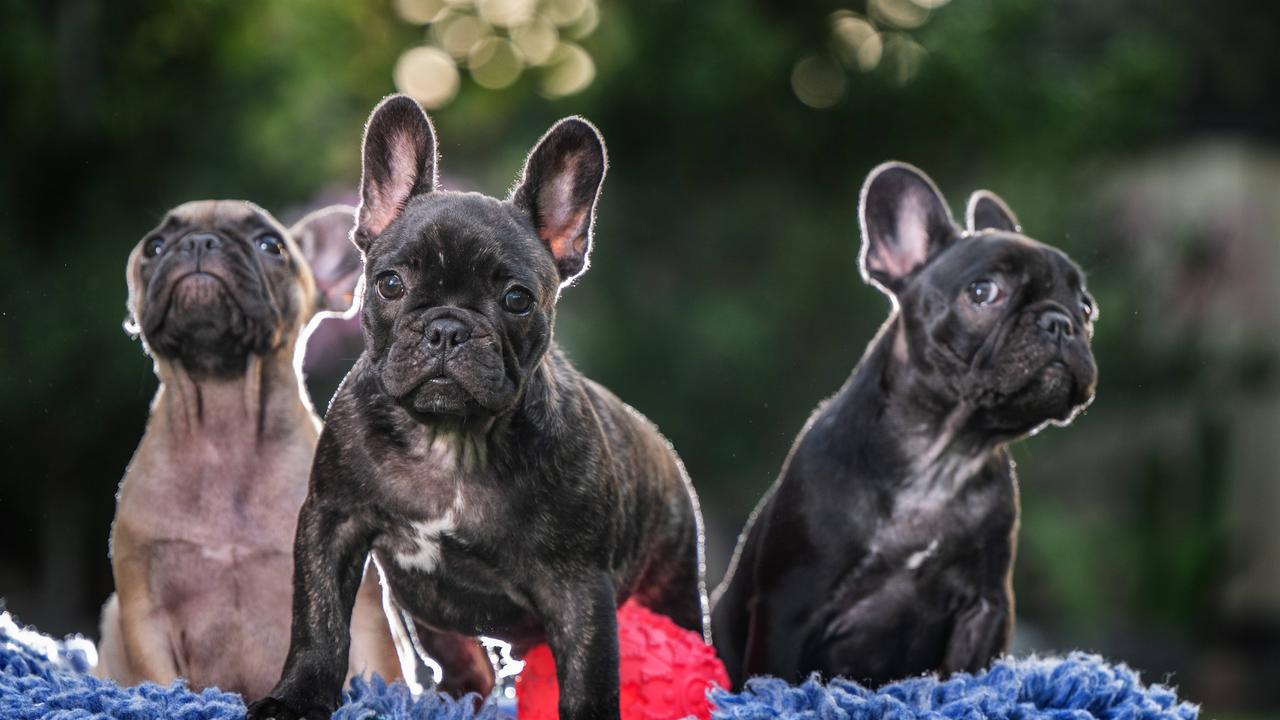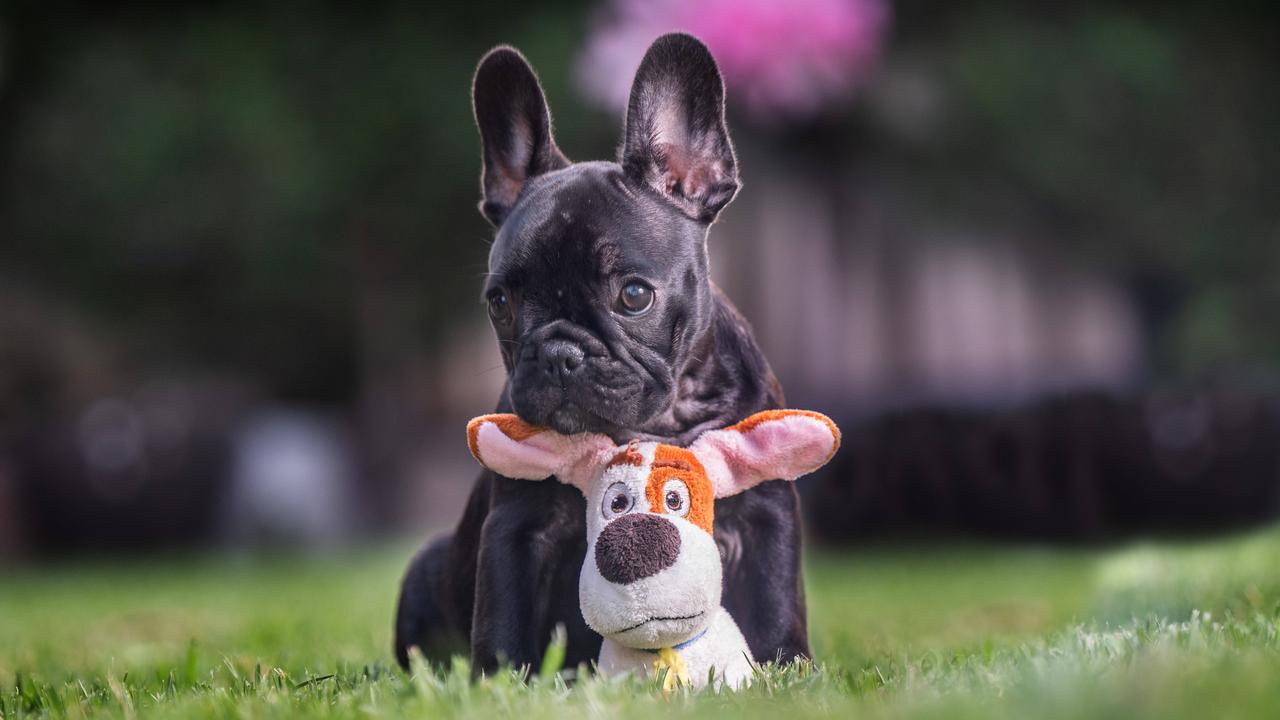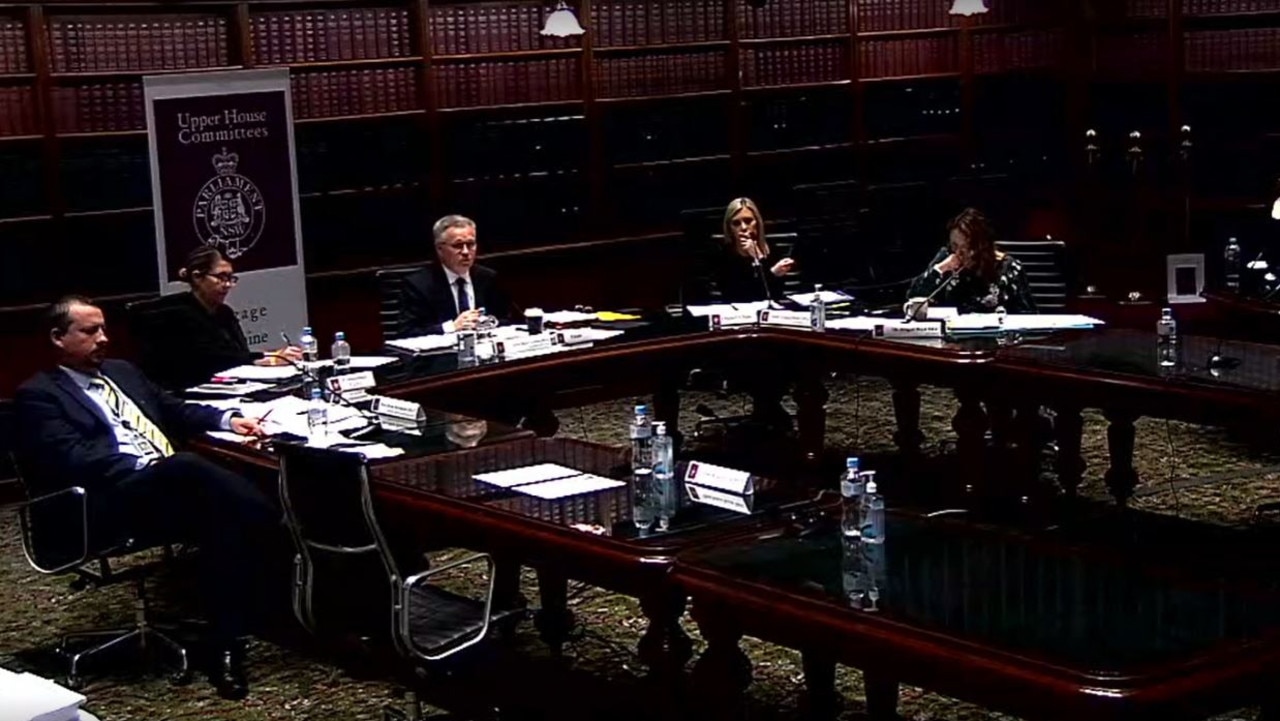Animal ethics organisation Sentient says bulldogs should not be allowed to be bred
A parliamentary hearing has been told the law should be changed so bulldogs and other flat-faced animals are not allowed to be bred.
A veterinary institute has called for a ban on the breeding of bulldogs in NSW because many of the animals go through life in constant pain.
Sentient, a vet organisation specialising in animal ethics, told a parliamentary hearing the law should be changed to make it illegal to breed flat-faced dogs and cats.
“Breeding flat-faced dogs and cats is responsible for animal suffering that is entirely preventable and should be banned in animal welfare legislation,” Sentient president Rosemary Elliott told a parliamentary hearing on Thursday.

“These animals suffer gross physical deformities that make everyday life unbearably stressful.”
The comments were made to a committee formed to review NSW’s animal welfare and pet breeding rules.
The inquiry is focused on so-called puppy farms, the harmful practice of breeding dogs under factory-like conditions.
Animal Justice Party MP Emma Hurst has been leading a charge for tougher regulations in the pet breeding industry, including new legislation that would limit things like how many breeding dogs can be held by a business.
The Bill has faced tough opposition from lobby groups such as Dogs NSW, which has said it would hamstring legitimate breeders while failing to stop illegal businesses.

One dog breeder invited to speak at the hearing called the legislation a “monster” that would suck the joy out of breeding.
“The amount of red tape for statutes and offences has become so huge that for any breeder it’s intrusive and overwhelming. It takes away our liberties and the joy we have from breeding dogs,” John Carr said.
But animal advocates said the pet breeding industry in NSW was in dire need of stronger regulation to protect animals from cruelty and unscrupulous business practices.


Dr Elliott told the hearing the proposed legislation should be amended to require veterinarians issuing certification before breeding to verify the animal did not have any health problems that could be passed onto its offspring.
Nationals MP Wes Fang asked her to expand on her opinion and whether those animals did not also have a right to live.
“In human terms, obviously we have children who are born, who have a number of elements, whether it be things like ADHD, or even autism,” Mr Fang said.
“They have a right to live and a right to exist and can make a wonderful contribution to people's lives,” he said.
Dr Elliott responded it was a question of intent.

“We wouldn't intentionally bring into the world, regardless of species, individuals who are going to suffer to the extent that many of these animals suffer,” she said.
“Most notably, because of their popularity, bulldogs and Persian cats. These animals, their basic existence is one of suffering.
“They cannot breathe properly, they cannot sleep properly, they cannot walk properly.
“We absolutely agree with you, and as the mother of a neurodiverse child myself, we think that everybody has a right to life.
“But we also don't think we should intentionally bring life into the world that is going to suffer.”



